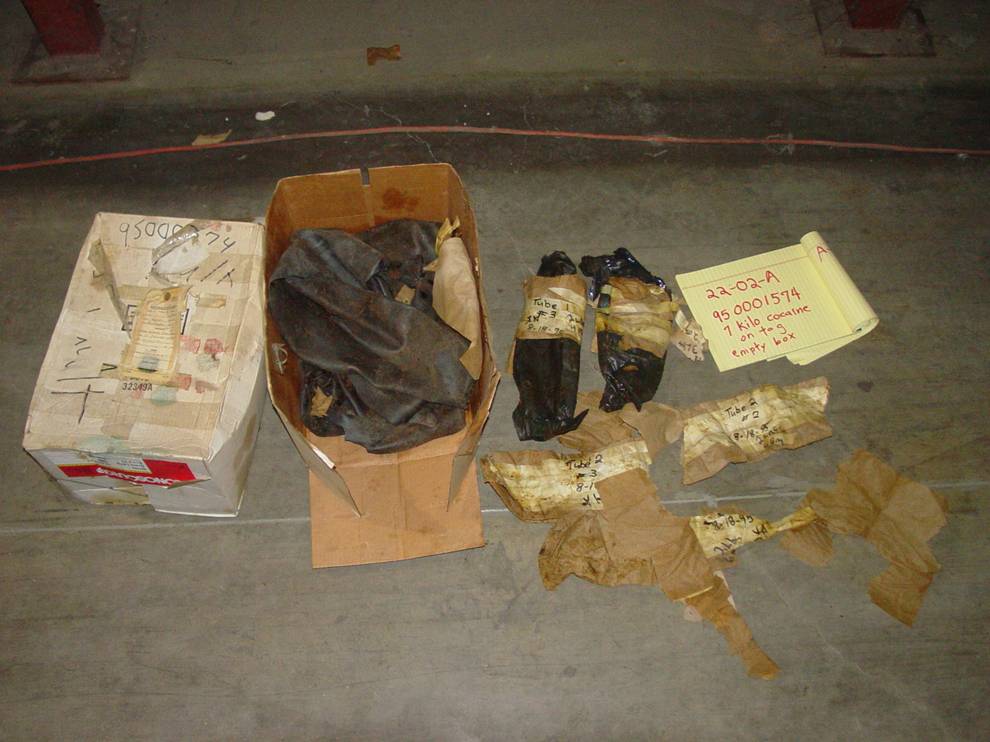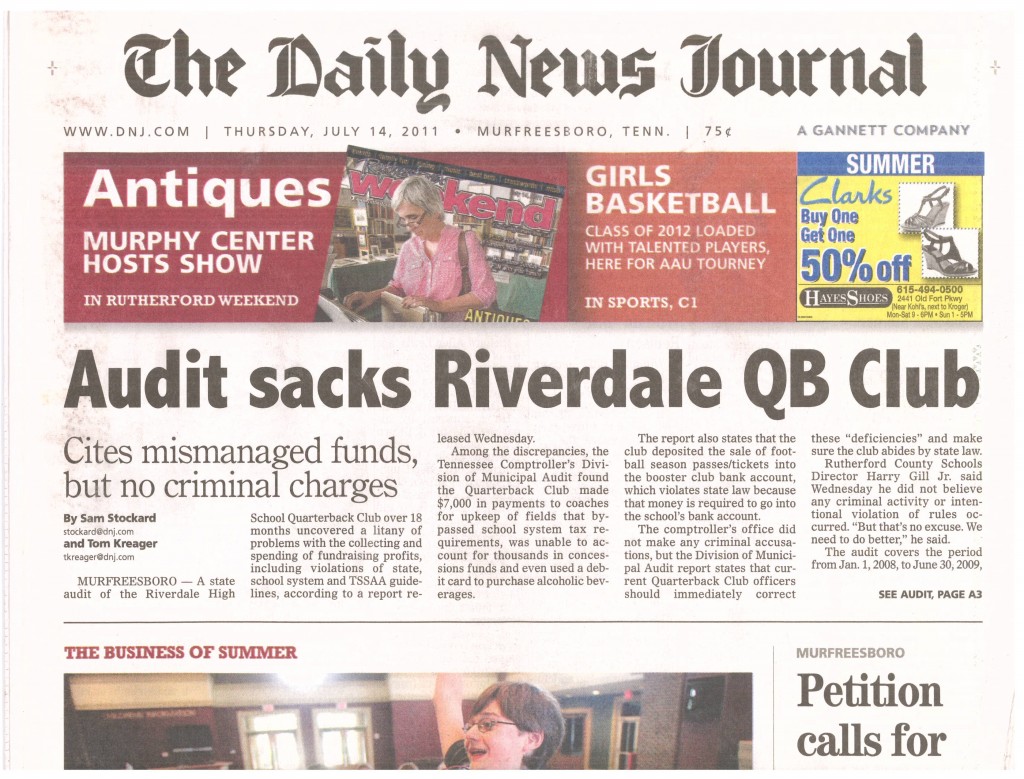On the drive home from work today, a story caught my attention.
Psychology Of Fraud: Why Good People Do Bad Things
A link to the story on the web is here.
The longer I work as an investigator, the more I think that there must be more to the motivation behind most frauds than what can be explained by the usual interpretation of Donald R. Cressey’s Fraud Triangle. This page from the Journal of Accountancy has a good graphical depiction of the concept.
Usually fraud is depicted as a solitary occupation of one who has an unsharable need. Although Toby Groves’s first fraudulent act (according to the story) was falsifying a loan application on his own property, he soon involved many others in his scheme. His employees had a stake in his schemes succeeding, but many others seemingly participated only because they wanted to be helpful.
I do have some questions about the concept of ethical blind spots. For those who did not personally benefit or only benefitted indirectly, I think this is possible. For Groves himself, I cannot excuse him from intent. The last sentence of Chapter Three, “And if we want to attack fraud, we have to understand that a lot of fraud is unintentional[,]” contradicts the definition of fraud, which involves intent to deceive.








